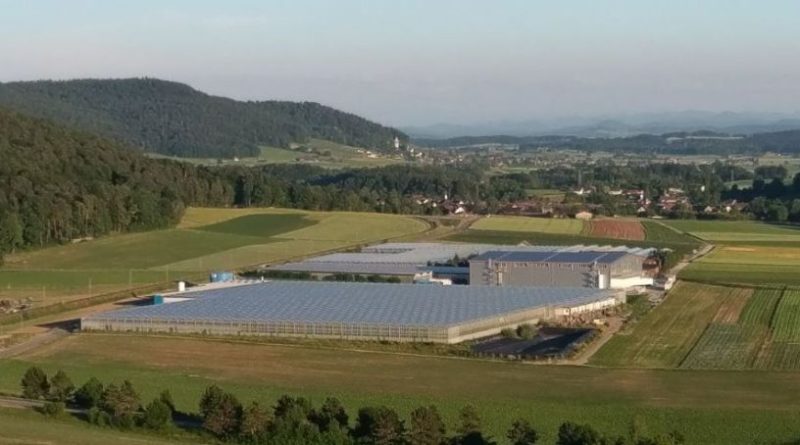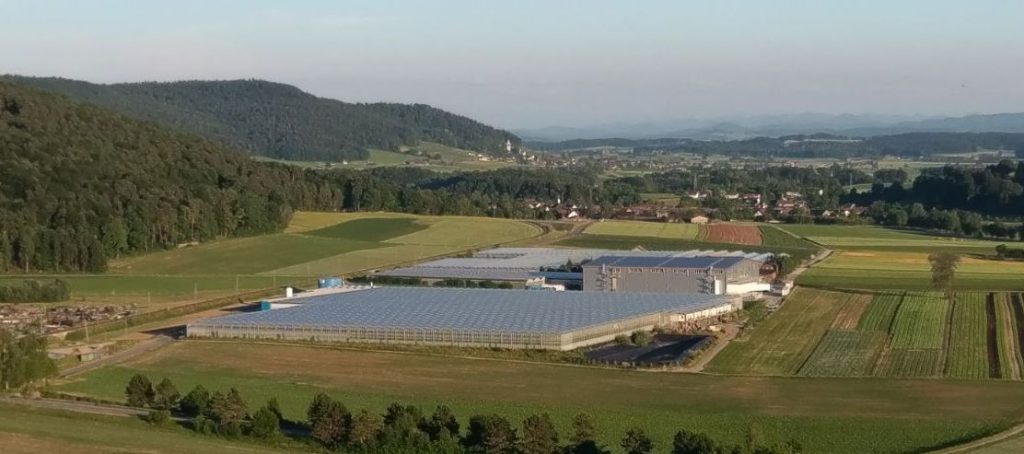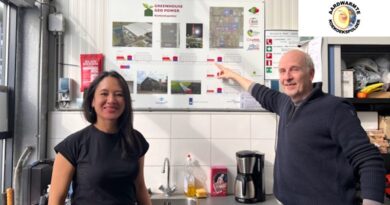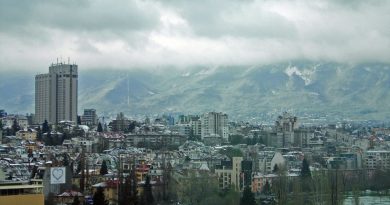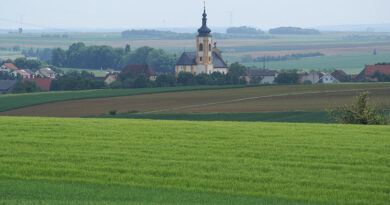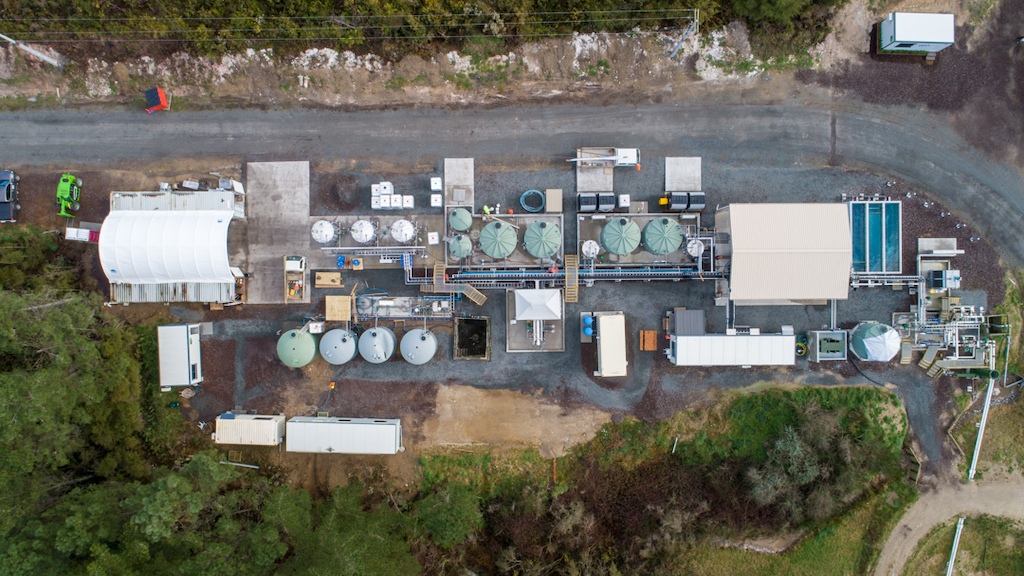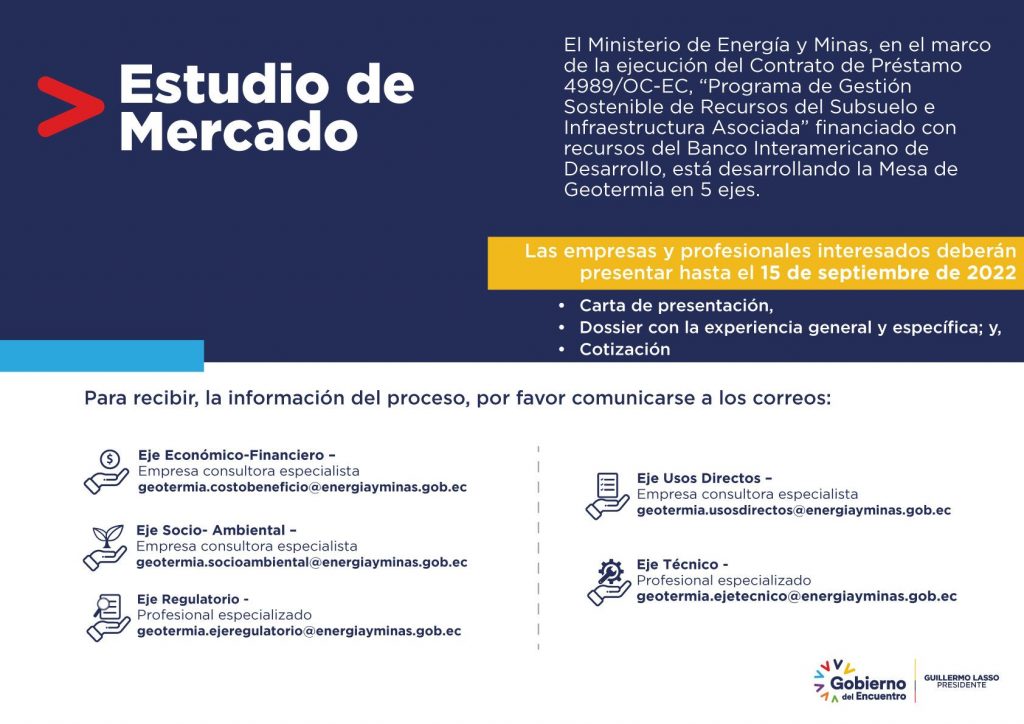Swiss greenhouse farmer receives long-term concession for geothermal project
Energy Disrupter
Swiss greenhouse operator Grob Gemuese has received a permanent license for the operation of its greenhouses with geothermal heating.
The canton of Thurgau in Switzerland has granted a long term geothermal use permit to the vegetable farming operation of Hansjörg Grob in Schlattingen at the end of last year. The operations are heated by geothermal energy with an expected useful life of deep heat for heating purposes of up to 30 years.
Vegetable farmer Hansjörg Grob probably didn’t think of that when the pumps started up again on that day in mid-June 2018. The entrepreneur from Schlatting spoke of a happy day and hoped that the concession for the geothermal plant would soon be granted – after the first drilling had taken place in December 2010. Vegetable cultivation Grob wants to heat the greenhouses with deep heat – and can now do this permanently.
“The concession approval is available after a public condition and is now legally valid.”, as reported by the company.
The license application was submitted to the canton in the summer of 2020. The public evaluation took place in the spring of 2021. The two objections received were resolved. Marco Sacchetti, General Secretary of the canton’s Department of Building and Environment, confirms that the permit has been granted. The government council decision is dated November 30, 2021.
The Grob family is pleased with the decision by the approval authorities. Vegetable farmer Stefan Grob says: “We are happy about this binding approval. With the concession, we now have the guarantee of being able to supply a large part of our greenhouses with sustainable heat in the long term. This is an important milestone on the journey to an energy-autonomous operation.” Groundwater use for heating purposes is limited to 30 years.
Water with a temperature of around 60 degrees Celsius is pumped to the surface from a depth of up to 2,000 meters. The target is 15 liters of water per second. This corresponds to a thermal output of 3,000 kW. That is 26,000 MW hours per year in continuous operation. In this way, 1,330 tons of CO 2 emissions could be saved each year. The notification goes on to say:
In the summer of 2018, the pumping tests at the Schlattingen geothermal plant restarted after incidents involving water pollution. In a first phase, comprehensive pumping tests were carried out, which served as the basis for the license application, writes Grob. “The results of the comprehensive tests provided the basis for the license application for long-term use and for the confirmation of the operating concept.” The effects on the thermal water were examined over a period of two years under realistic conditions by varying the pump rates.
Vegetable cultivation Grob has invested substantially in the system and safety concepts in recent years. In addition to the two deep wells and developments, this also included numerous measures for water treatment, water control and data collection. The canton of Thurgau also participated financially in the geothermal project from 2010. The total cost was CHF 3.5 million. The Grob vegetable garden was only able to contribute CHF 600,000. The canton of Thurgau took over a large part with a deficit guarantee of CHF 2 million. Nagra, the national cooperative for the disposal of radioactive waste, contributed another CHF 900,000.
“Some of these advances and subsidies are now being returned to the public sector via user fees.” That’s what it says in Grob’s media release. The contract between the canton and Grob stipulates that the deficit guarantee will be paid back to the canton over the next 15 years by paying one centime per kilowatt hour.
Source: Tagblatt

